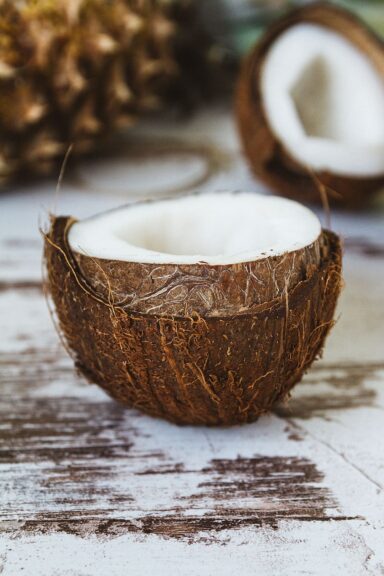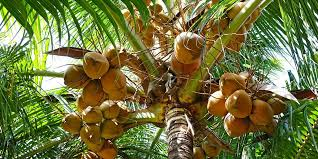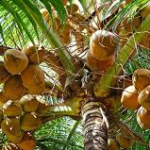The Art of Coconut Wood (Kook) and Its Use in Rosaries
Coconut wood, commonly referred to as “kook” in traditional craft industries, has become an increasingly popular material for crafting rosaries. This sustainable and eco-friendly wood, derived from the coconut tree (Cocos nucifera), is valued not only for its beauty but also for its unique properties, making it an ideal material for artisanal work.
#### Characteristics of Coconut Wood
Coconut wood stands out due to its distinct texture and appearance. It is a hardwood with a dense structure, which gives it durability and longevity. The grain of coconut wood is particularly attractive, featuring a variety of natural patterns ranging from fine speckles to darker streaks that enhance the visual appeal of the finished product. Its unique combination of light and dark brown shades offers an elegant and rustic aesthetic, perfect for use in religious and spiritual items like rosaries.
The material is highly resistant to decay, ensuring that products crafted from it can last for years. This durability makes coconut wood ideal for rosaries, which are often used regularly and are handled frequently during prayer or meditation.
#### Coconut Wood in Rosary Making
Rosaries made from coconut wood carry deep spiritual significance. The natural elements of the wood evoke a connection to the earth, symbolizing simplicity, peace, and spiritual growth. Many artisans prefer coconut wood for rosaries because of its lightweight nature, making the rosaries comfortable to carry and use.
The crafting process involves carefully selecting coconut wood pieces, which are then shaped into beads, polished to a smooth finish, and strung together to form the rosary. Each bead is unique, showcasing the natural variations of the wood, adding a personal touch to every rosary.
#### Eco-Friendly and Sustainable
One of the key reasons for the growing popularity of coconut wood in rosary making is its sustainability. Coconut trees are abundant in tropical regions, and using the wood from these trees promotes environmental consciousness. By repurposing coconut wood, artisans contribute to reducing deforestation, as the wood is harvested from trees that have completed their fruit-bearing cycle. This practice ensures that no harm is done to the environment, aligning with the values of sustainability and respect for nature.
#### Aesthetic Appeal
Beyond its sustainability, coconut wood rosaries also have a rustic, natural beauty that appeals to those who value simplicity and elegance. The combination of its warm tones and grain patterns creates a sense of warmth and connection, making it not only a tool for prayer but also a statement piece. Many users appreciate the organic feel of the wood, which enhances the sensory experience during spiritual practices.
#### Conclusion
Coconut wood is an excellent choice for rosary crafting due to its durability, beauty, and sustainability. Whether for personal use or as a meaningful gift, coconut wood rosaries offer a timeless and eco-friendly option that beautifully combines tradition with modern craftsmanship.
Coconut wood, with its natural grain and durability, embodies the spirit of sustainability and tradition in every prayer bead. Its rustic beauty and eco-friendly origins make it a timeless choice for those seeking both spiritual and environmental harmony.”







